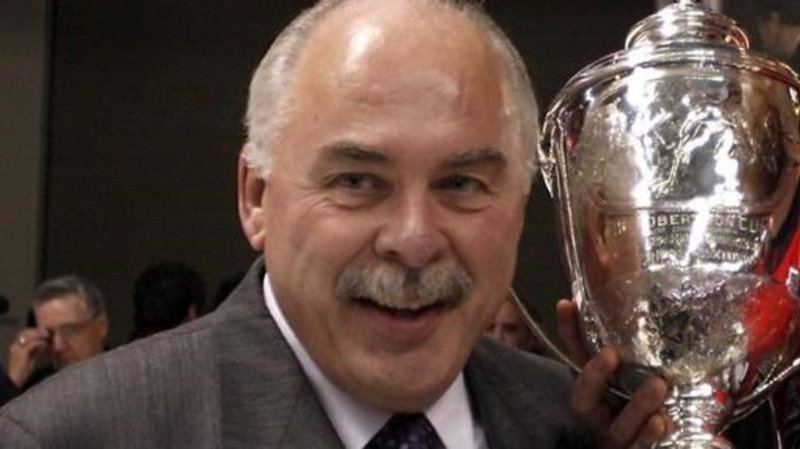
OHL bracing for more COVID-19 uncertainty with capacity reduction
David Branch wasn’t surprised.
The commissioner of the Ontario Hockey League had been hopeful rising COVID-19 case counts across the province wouldn’t force the government’s hand.
He could also read the tea leaves.
Ontario announced a 50-per-cent limit on venues — including hockey arenas — with capacities of more than 1,000 people this week in hopes of slowing the spread of the pandemic’s latest wave fuelled by the fast-moving Omicron variant.
